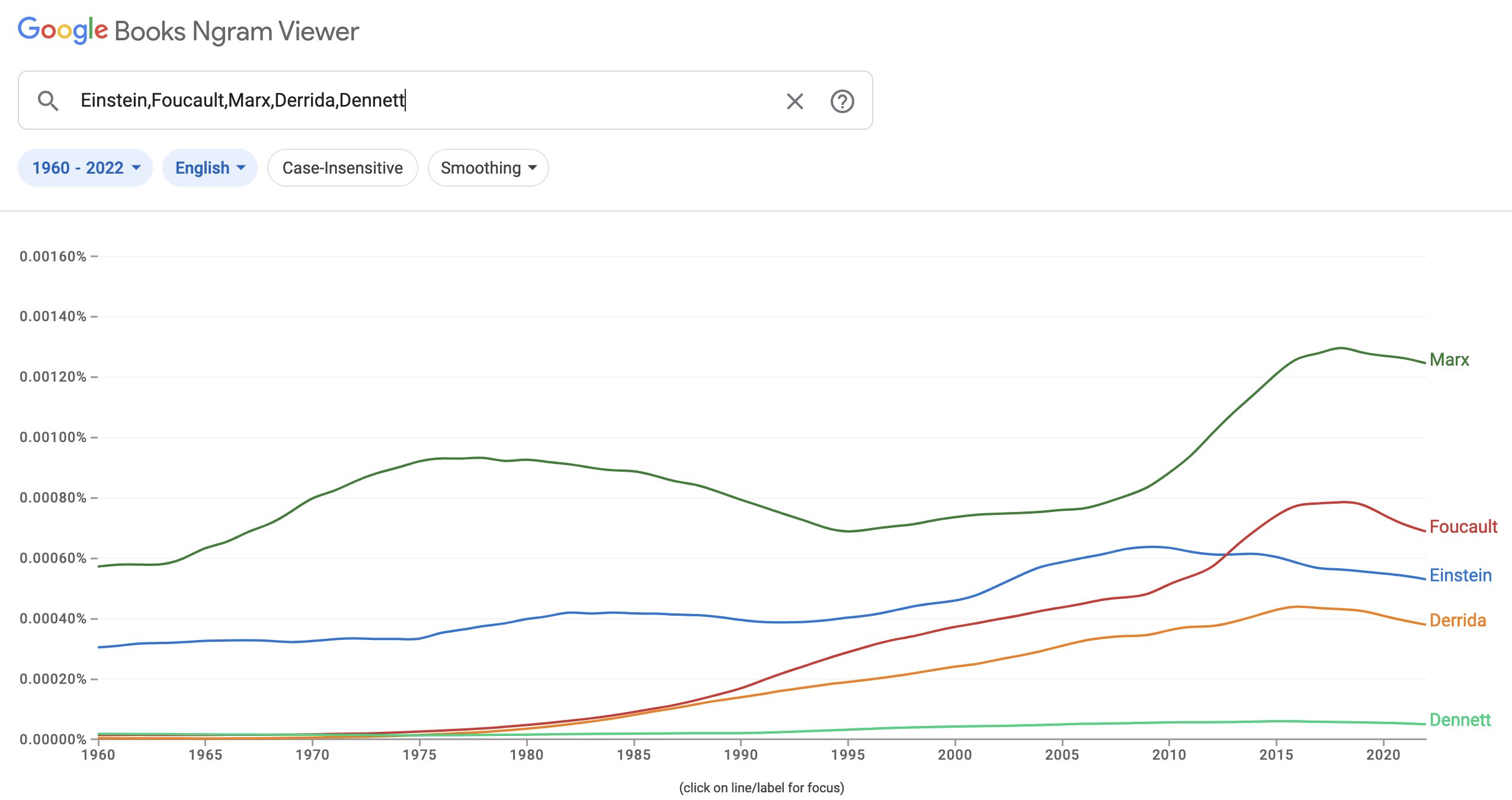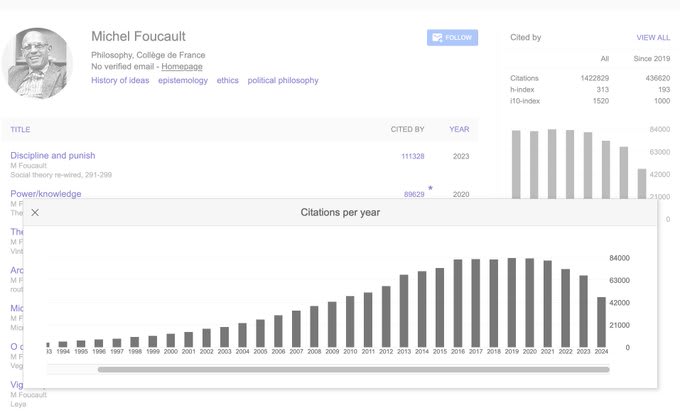My government name is Mack Gallagher. Crocker's Rules. I am an "underfunded" "alignment" "researcher". DM me if you'd like to fund my posts, or my project.
I post some of my less-varnished opinions on my personal blog. In the past they went on my Substack.
If you like arguing with me on LessWrong, at present I'm basically free round the clock to continue interesting arguments in my Discord.
Posts
Wikitag Contributions
Subjectively assessed value. This judgment cannot be abdicated.
If you can't generate your parents' genomes and everything from memory, then yes, you are in a state of uncertainty about who they are, in the same qualitative way you are in a state of uncertainty about who your young children will grow up to be.
Ditto for the isomorphism between your epistemic state w.r.t. never-met grandparents vs your epistemic state w.r.t. not-yet-born children.
It may be helpful to distinguish the subjective future, which contains the outcomes of all not-yet-performed experiments [i.e. all evidence/info not yet known] from the physical future, which is simply a direction in physical time.
We can hardly establish the sense of anthropic reasoning if we can't establish the sense of counterfactual reasoning.
A root confusion may be whether different pasts could have caused the same present, and hence whether I can have multiple simultaneous possible parents, in an "indexical-uncertainty" sense, in the same way that I can have multiple simultaneous possible future children.
The same standard physics theories that say it's impossible to be certain about the future, also say it's impossible to be certain about the past.
Indexical uncertainty about the past may not be true, but you can't reject it without rejecting standard physics.
And if there is no indexical uncertainty and all counterfactuals are logical counterfactuals and/or in some sense illusory - well, we're still left uncomfortably aware of our subjective inability to say exactly what the future and past are and why exactly they must be that way.
thus we can update away from the doomsday argument, because we have way more evidence than the doomsday argument assumes.
I agree with this!
"Update away from" does not imply "discard".
alignment researchers are clearly not in charge of the path we take to AGI
If that's the case, we're doomed no matter what we try. So we had better back up and change it.
Don't springboard by RLing LLMs; you will get early performance gains and alignment will fail. We need to build something big we can understand. We probably need to build something small we can understand first.
I expect any tests to show unambiguously that it's "not being replaced at all and citations[/mentions] chaotically swirling". If I understand Evans correctly, these were all random eminent figures he picked, not selected to be falling out of fashion - and they do seem to be a pretty broad sample of the "old prestigious standard names" space.
The stand mixer is a clever analogy; I didn't previously have experience with the separation thing.
I presume you've seen Is Clickbait Destroying Our General Intelligence?, and probably Hanson's cultural evolution / cultural drift frame. I wonder if you're familiar with Callard's Distant Signals paradigm [ transcript available on episode page ], which I think is the most illuminating of the three.
Besides just the cost of ~instantaneous ~omnicast communication dropping to ~zero, I see a role for the fall of the gold standard in all this. See e.g. U.S. per capita energy usage since ~1970, international fertility since ~1970. My theory [ which I really need to make a more legible graphic for ] is that when people don't "own their money" and have to track the effects of distant inflation-adjusts from the Fed, inflation volatility [ the destructive macroeconomic thing this OP on /r/badeconomics is saying couldn't possibly be happening due to the fall of the gold standard ] goes way up. Incentives in the market for ideas are ultimately material [yes, virtual status goods influence material wealth, but it also goes the other way around], so the market for materials influences the market for ideas, and vice versa, in a vicious spiral of decline. Is the theory.
[ Look at those same authors with some other mention-counting tool, you mean? ]
Interesting question: why are people quickly becoming less interested in previous standards?


[ Source ]
Computer science fact of the day 2: JavaScript really was mostly-written in just a few weeks by Brendan Eich on contract-commission for Netscape [ to the extent that you consider it as having been "written [as a new programming language]", and not just specced out as a collective of "funny-looking macros" for Scheme. ] It took Eich several more months to finish the SpiderMonkey parser whose core I still use every time I browse the Internet today. However, e.g. the nonprofit R5RS did not ship a parser/interpreter [ likewise with similar committee projects ], yet it's not contested that the R5RS committee "wrote a programming language".
Computer science fact of the day 3: If you do consider JavaScript a Lisp, it's [as far as I know] the only living Lisp - not just the only popular living Lisp - to implement [ [1] first-class functions, [2] a full-featured base list fold/reduce that is available to the programmer, [3] a single, internally-consistent set of macros/idioms for operating on "typed" data ]. [1] and [2] are absolutely essential if you want to actually use most of the flexibility advantage of "writing in [a] Lisp"; [3] is essential for general usability. MIT Scheme has [1] and [2] [ and [3] to any extent, as far as I can tell ], and seems generally sensible; the major problem is that it is a dead Lisp. It has no living implementations. I have spent more than a year in a Lisp Discord server that seems full of generally competent programmers; MIT Scheme's death grip on Emacs as an interpretation/development environment seems to make it a no-go even for lots of people who aren't writing big projects and don't need, e.g., functional web crawling libraries. This has caused Scheme to fall so out of favor among working programmers that there is no Scheme option on Leetcode, Codewars, or the competitive programming site Codeforces [Codewars has a Common Lisp option, but none of the rest even have a Lisp]. For people who actually want to write production code in something that amounts to a "real Lisp", JavaScript is, today, far and away their best option. [ The vexing thing being: while functionally it is the best choice, in terms of flexible syntax, it does not offer a large % of the [very real] generally-advertised benefits of using a Lisp! ]
Whoa, I hadn't realized you'd originated the term "anti-inductive"! Scott apparently didn't realize he was copying this from you, and neither I nor anyone else apparently realized this was your single-point-of-origin coinage, either.
Politics isn't quite a market for mindshare, as there are coercive equilibria at play. But I think it's another arena that can accurately be called anti-inductive. "This is an adversarial epistemic environment, therefore tune up your level of background assumption that apparent opportunity is not real" has [usefully IMO] become a central reflex of thought for me over the last few years. But to my surprise the phrase "politics is anti-inductive" turns up zero Google results except for this Tweet.